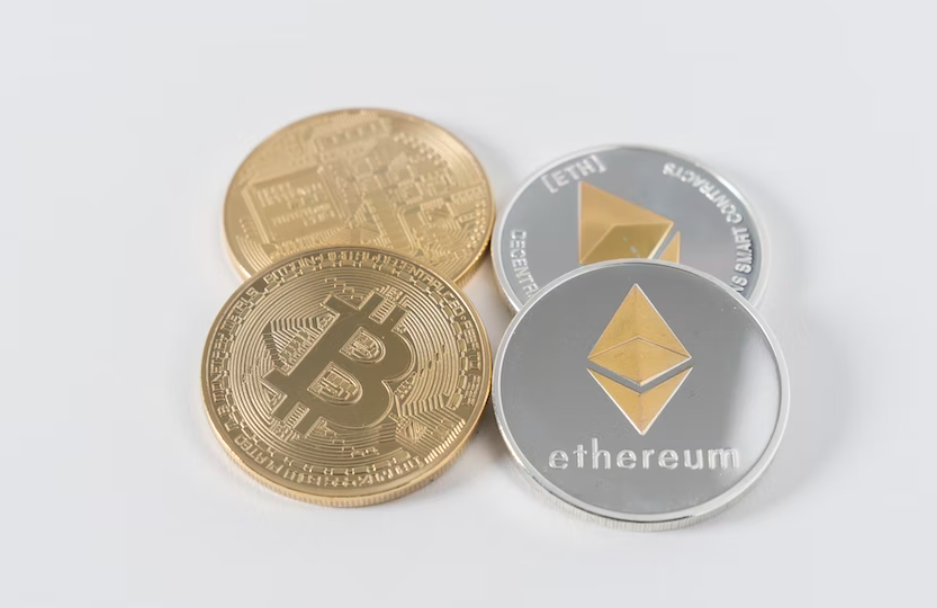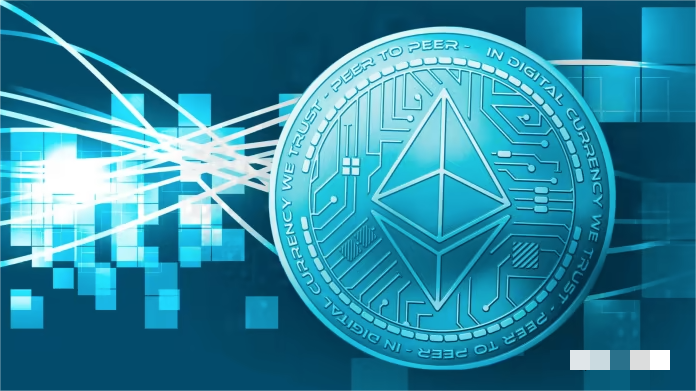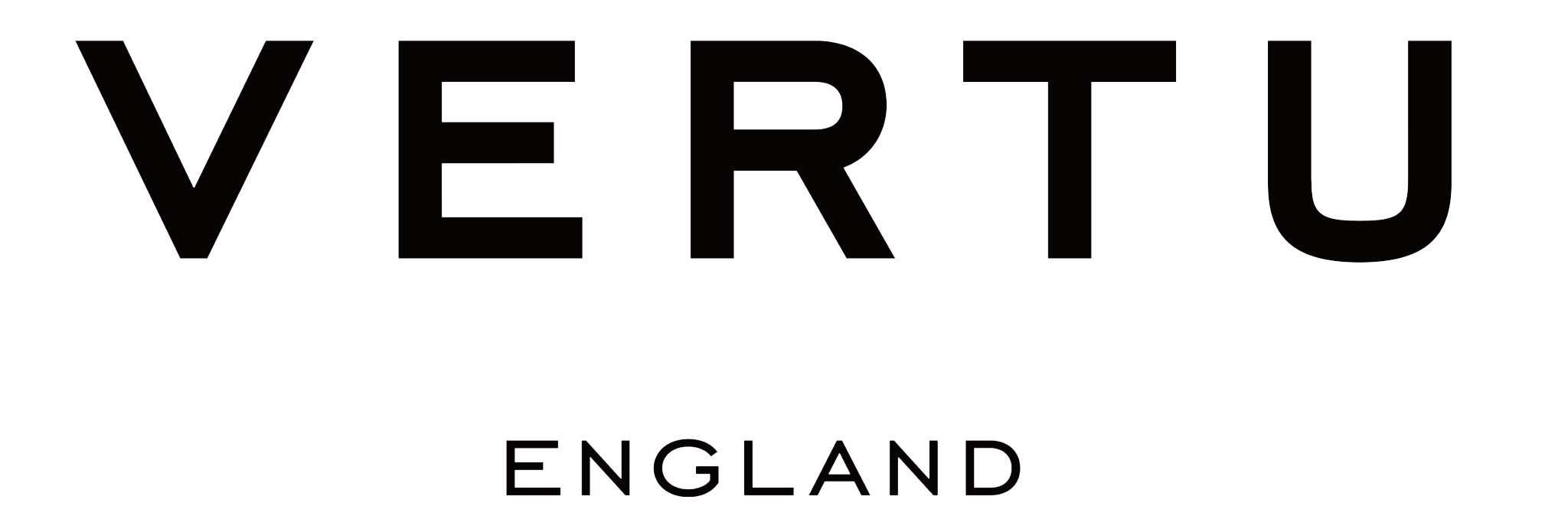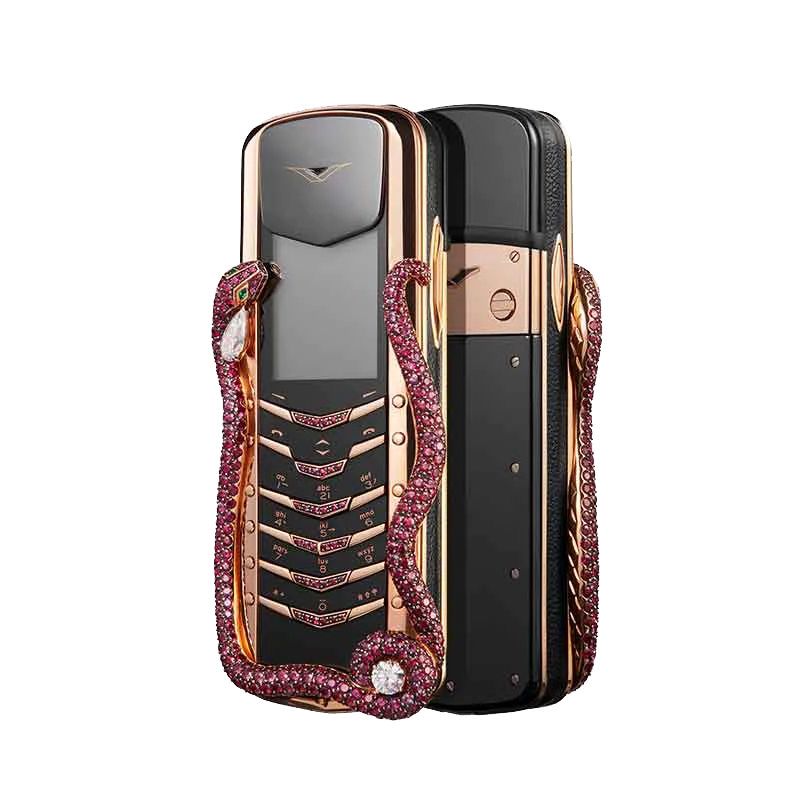The Israeli government has announced plans to test a new blockchain-based digital bond system as part of its efforts to modernize the country’s financial markets and reduce related costs. The Israeli Ministry of Finance has collaborated with the Tel Aviv Stock Exchange (TASE), American software developer VMware, and digital asset custody provider Fireblocks to test the new blockchain-supported digital bond trading platform. The Ministry of Finance will ultimately be responsible for issuing these bonds.
The new project, known as “Eden,” aims to help optimize the issuance process of national bonds and help reduce related management expenses. In the field test phase, participating banks will be connected to a dedicated blockchain system developed by TASE, VMware, and Fireblocks. A series of new tokenized government bonds will be distributed to each bank’s designated electronic wallet.

The government said: “From then on, the cost of issuing digital currency will be transferred from the participants’ electronic wallets to a dedicated electronic wallet of the State of Israel.”
The pilot project is expected to be completed before the end of the first quarter of 2023.
The main motivation for launching digital bonds is the rise of distributed ledger technology in recent years, which has enabled tokenization of different types of assets and increased interest in Central Bank Digital Currency (CBDC).
The press release said: “Israel believes that these developments will drive substantial and advanced changes in the financial markets, especially in the areas of trading and settlement.”
It is expected that the implementation of Eden’s advanced technology will reduce costs, shorten the issuance and settlement time of government bonds, improve transparency, simplify processes, and reduce risks.
As major shifts occur in the global financial markets, this Middle Eastern country has taken this step to lead the integration of blockchain technology with national infrastructure.

TASE’s CEO, Ittay Ben-Zeev, said: “As a global technology leader, we want to see Israel at the forefront of financial technology, pioneering cutting-edge technologies and upgrading capital markets to make them more accessible to the public.”
The Accountant General of Israel, Yali Rothenberg, stated that this development puts Israel “at the forefront of technology, enabling us to explore new possibilities for the issuance and management of government debt in a secure and controlled manner.”
Rothenberg added, “I believe that blockchain-based technology will continue to exist and will penetrate the core of the financial markets over time, fundamentally and profoundly changing them. We have a responsibility to continuously research new technologies and methods.”
The Senior Deputy Accountant General and Director of the Financing Department of Israel, Gil Cohen, called the new pilot project “a step that could create a more advanced and convenient capital market, simplifying the management of government debt.”
With this new project, Israel joins a short list of countries and international organizations openly exploring digital bonds. Other countries include the World Bank, the Commonwealth Bank of Australia, the European Investment Bank, El Salvador, Colombia, and the Philippines. In 2022, the UK also expressed its intention to explore blockchain for government bonds.

The way blockchain works is leading to an increase in the centralization of the network.
The Ethereum blockchain, which has been a driving force in most of the cryptocurrency world, finally completed its long-promised and long-delayed “merge” last month, which is a technical transformation of how it operates.
The Ethereum blockchain is one of the most widely used digital ledgers in the world and is the main platform for Web3, NFTs, and DeFi. While the merge is clearly good news for the environment, it has made other issues with the Ethereum blockchain more apparent.
Blockchain does not rely on centralized intermediaries such as banks to approve transactions, but rather on a so-called “consensus mechanism.”
Before the merge, Ethereum used a “proof of work” consensus mechanism. This involved so-called “miners” using a huge amount of electricity to drive computers to repeatedly guess a number that would allow them to add a transaction block to the blockchain, and the winning miner would be compensated with cryptocurrency for their work.

The Bitcoin blockchain still operates in this way. The energy used to verify Bitcoin transactions is more than that of entire countries like Norway; in areas where a lot of Bitcoin mining occurs, local residents suffer from rising energy costs and noise pollution.
Ethereum has shifted to a “Proof of Stake” system, avoiding these environmental costs. Ethereum now uses an algorithm that randomly selects someone to create a new block to add to the blockchain. This method selects from those who have staked their Ether (the native coin of the Ethereum blockchain) to get the opportunity to work and be compensated.
This creates an incentive to acquire more Ethereum, and it seems reasonable to predict that any blockchain relying on proof of stake will begin to concentrate the ability to process transactions in the hands of a few.
Remember, the whole point of a blockchain with a consensus mechanism is to avoid relying on centralized intermediaries to verify transactions. Without meaningful decentralization, one has to wonder if all the other issues associated with Ethereum are worth it.
For example, the Ethereum blockchain is notoriously congested during peak times, which is reflected in slower transaction processing times and fluctuations in transaction fees (known as “gas fees”). During peak times, gas fees can be prohibitive for users trying to complete small transactions (in May 2022, the average daily gas fee reached nearly $200), but the merger has not changed the calculation or collection of gas fees.
This congestion adds another issue. Users can pay higher fees to validators to have their orders executed first in a transaction block. This is a cost to the user, benefiting the larger validators who will be chosen to create more transaction blocks, and thus will have more opportunities to pocket the higher fees.

Merging will not make the blockchain more secure. Ethereum claims it will, assuming that the merge will increase decentralization. But if the opposite happens, there are risks. A report commissioned by the US Defense Advanced Research Projects Agency found that a proof-of-stake blockchain can be successfully manipulated if there are too few validators.
Before the merge, US Senator Debbie Stabenow introduced a bill that listed Ethereum as an example of a “digital commodity,” not under the jurisdiction of the US Securities and Exchange Commission (in the US, securities are regulated by the SEC, while the Commodity Futures Trading Commission oversees the commodities market).
However, now that miners are pooling their Ethereum together, hoping to be compensated from the gas fees of the Ethereum blockchain, a stronger argument can be made that Ethereum is a security rather than a commodity. The SEC may have something to say about Ethereum’s claims about its decentralization and its benefits.
(Note: This article is reprinted from AllRecode. Our company maintains a neutral stance on the statements and judgments in the article, and does not provide any express or implied warranties for the accuracy, reliability, or completeness of the content. Readers are advised to use it for reference only and to bear their own responsibility.)












